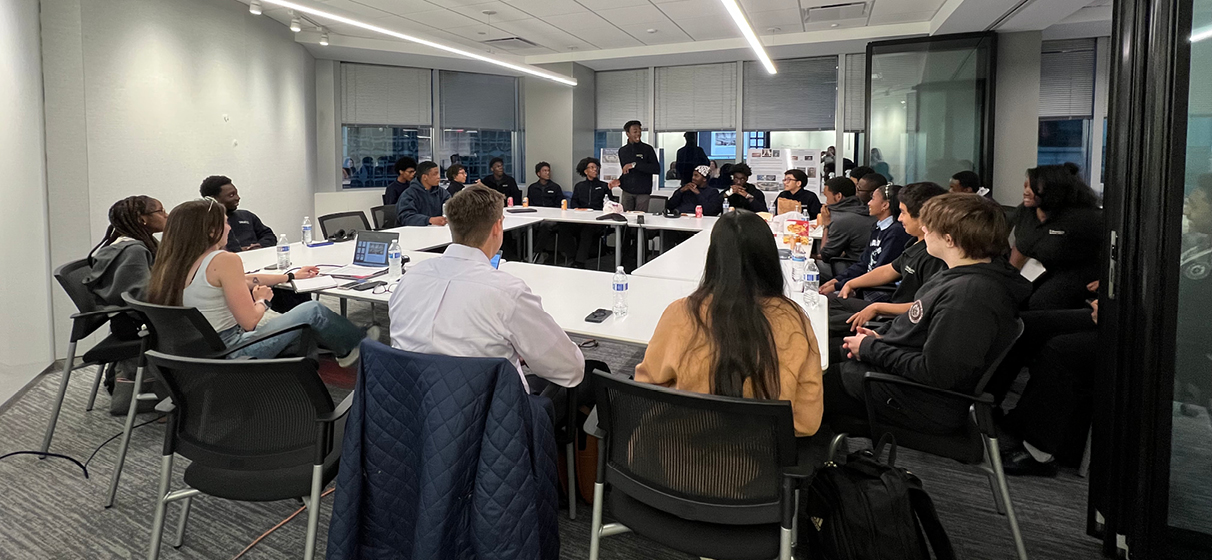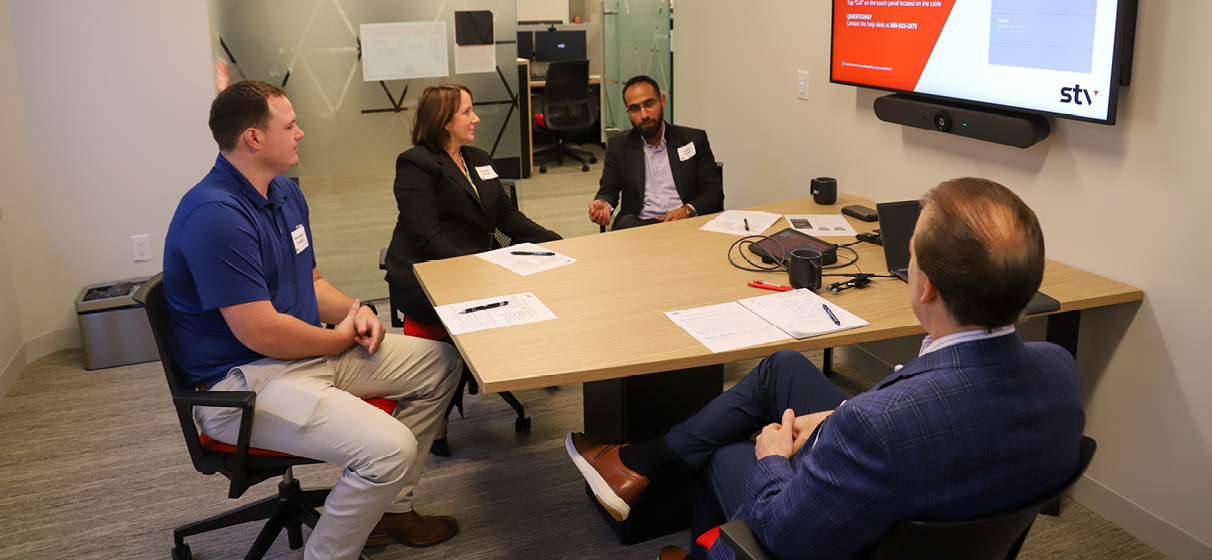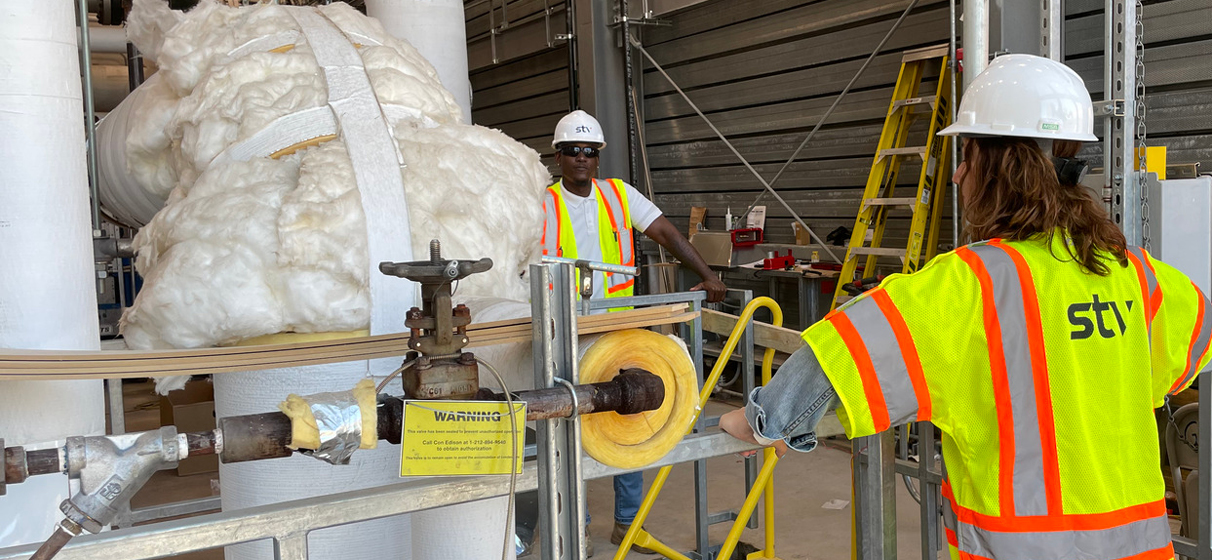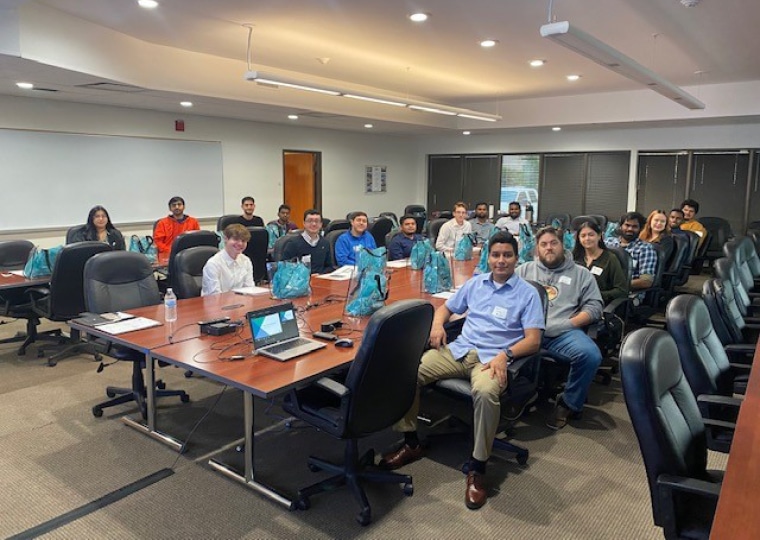In addition to helping to shape the built environment in the Newark, NJ, area as a licensed architect, Mugdha Chawathe, AIA, LEED AP, a senior project manager for STV, is dedicated to shaping future generations of architects, engineers and construction managers.
Chawathe was recently appointed to the board of the ACE (Architecture, Construction, Engineering) Mentor Group of New Jersey (ACE-NJ) while serving as a mentor for Newark’s ACE team, which works with local area high school students who are interested in design and construction. Additionally, she volunteers with the American Institute of Architects New Jersey’s (AIA NJ) Architectural Mentorship Program, where she leads sessions on time management and work-life balance. Her expertise in these areas led to her selection as a featured speaker in last year’s AIA Women in Architecture series.
Here, Chawathe discusses her approach to mentoring and how her work with ACE and AIA is rewarding for both her and her protégés.
1. How has your approach to mentoring evolved since you first started?
Mentoring is more about fostering learning, critical thinking and independence. These days, I find myself listening and asking more open-ended questions to encourage that, and sharing my experience and knowledge when needed, compared to my earlier “overfeeding” approach.
2. What impact do you feel your mentorship has had on students’ career paths or confidence?
Mentorship through the ACE Mentor Program has had a significant impact on students’ career paths and confidence. The program offers high school students the chance to explore potential careers in construction at a crucial stage in their development. By connecting them with mentors from diverse areas of the industry, students gain valuable insights and professional connections to make more informed decisions about their future education and careers.
This year’s group exemplifies the program’s potential, with students participating in the National 2025 CIRT Design competition. Their enthusiastic selection of a multi-modal transportation hub as the project topic demonstrates how mentorship sparks innovative thinking and professional engagement.
Through direct interaction with industry professionals, students gain real-world perspectives on career opportunities, enhanced understanding of professional pathways, increased confidence in exploring technical and creative careers, and practical insights into industry challenges and innovations.
The mentorship goes beyond traditional classroom learning, providing students with a transformative lens into potential career opportunities and the skills needed to succeed in construction and design industries.
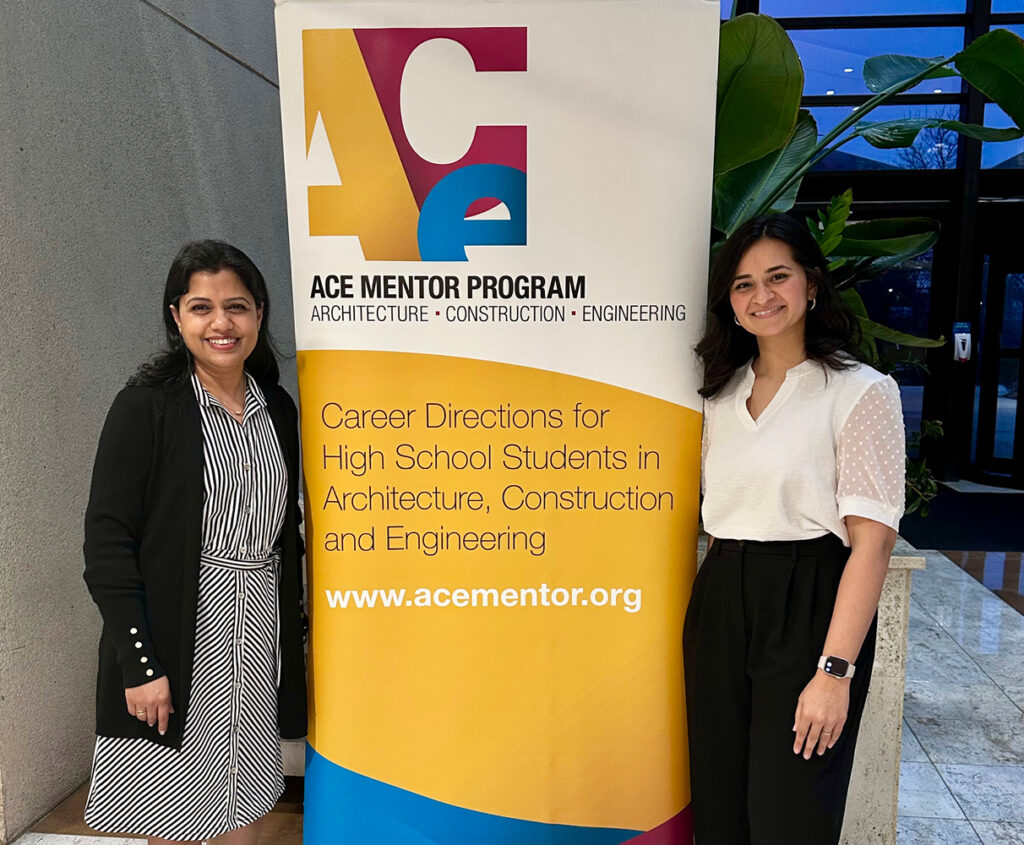
3. How has participating in ACE influenced your own career or perspective on the industry?
Becoming part of the ACE community provides greater opportunities to connect with like-minded individuals from different AEC backgrounds, offers increased industry exposure and provides a deeper understanding of this constantly evolving field. Networking within this community of mentors also opens doors to insights and guidance that better informs your own career.
It has also reinforced my commitment to supporting the next generation of professionals by sharing my knowledge and helping them navigate their career paths. Overall, ACE has deepened my appreciation for the industry’s impact and the value of collaboration and mentorship.
4. What advice would you give to architects and engineers considering becoming mentors for the first time?
Mentoring has always been very close to my heart. I advise new mentors to embrace the role with patience and openness, be a good listener, set realistic expectations and goals with your mentee, and not feel like you have to know it all – the community is there to support each other.
